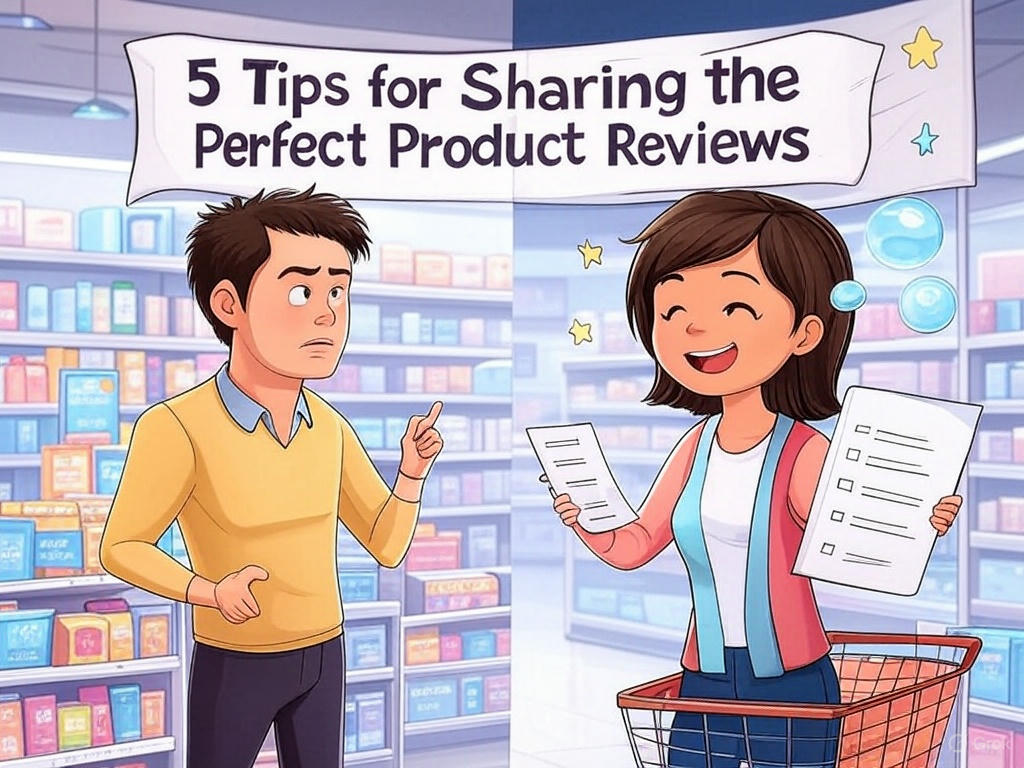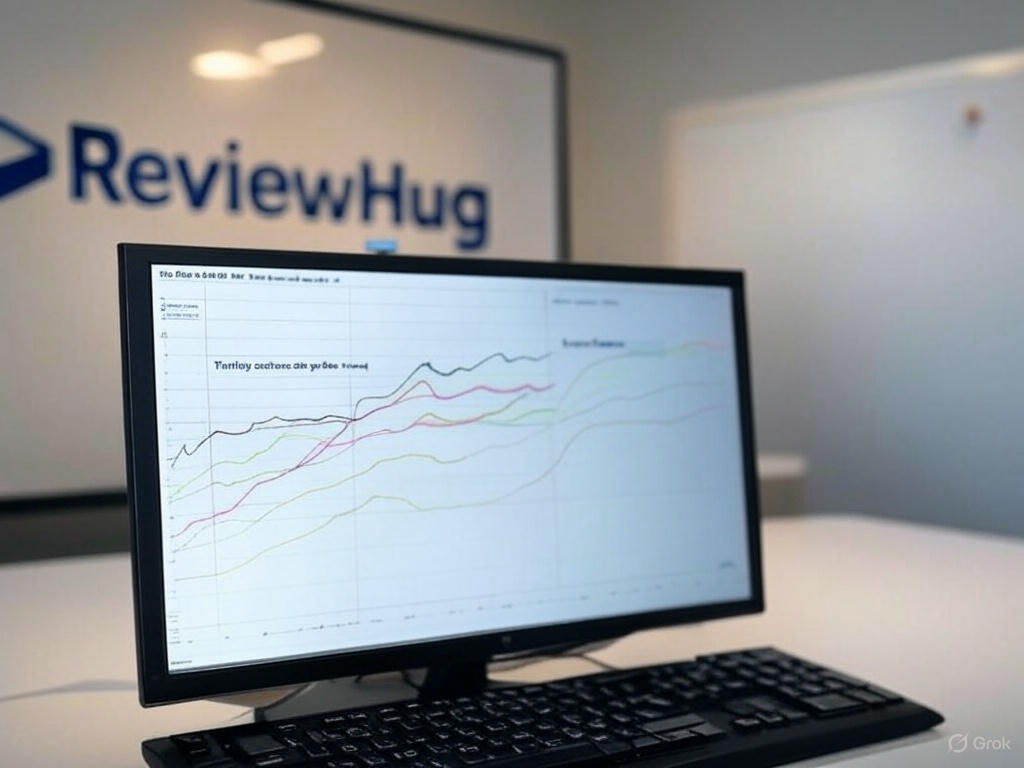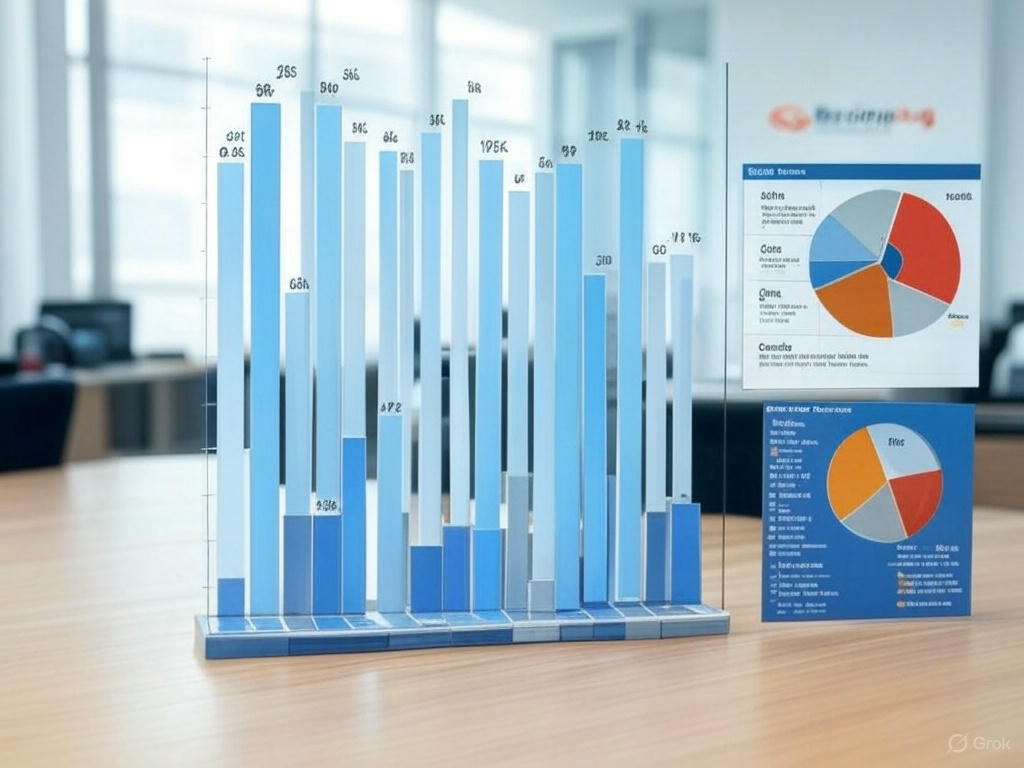
Payday Loans: Understanding How They Work Before You Commit
Payday loans promise quick cash for emergencies, but their high costs and short repayment terms can trap borrowers in a cycle of debt. At ReviewHug, we believe in empowering consumers with knowledge to make informed financial decisions. Before committing to a payday loan, understand how they work, their risks, and alternatives. Here’s what you need to know.
1. What Are Payday Loans?
Payday loans are short-term, high-interest loans designed to cover expenses until your next paycheck. Typically, borrowers write a postdated check or authorize a direct withdrawal from their bank account, including the loan amount plus fees. For example, a $300 loan might require repayment of $345 in two weeks. While they’re marketed as quick solutions, their costs can escalate rapidly if not repaid on time.
2. High Interest Rates and Fees
Payday loans often carry annual percentage rates (APRs) exceeding 400%, far higher than credit cards or personal loans. Fees are usually $15–$30 per $100 borrowed, according to the Consumer Financial Protection Bureau (CFPB). If you can’t repay on time, lenders may roll over the loan, adding new fees. This cycle can lead to owing more in fees than the original loan amount, making it crucial to review terms carefully.
3. Short Repayment Periods
Most payday loans require repayment within 14 days, aligning with your next paycheck. However, unexpected expenses or income delays can make this timeline unrealistic. If you can’t repay, lenders may charge late fees or report you to credit bureaus, damaging your credit score. Always assess your ability to repay before borrowing, and consider longer-term options if needed.
4. Risks of Debt Cycles
The CFPB warns that many borrowers take out multiple payday loans annually, trapped in a cycle of debt. Rolling over loans or borrowing from another lender to repay the first can spiral into unmanageable debt. For example, a $500 loan could balloon to $1,000+ in fees over months. To avoid this, explore alternatives like payment plans with creditors or nonprofit credit counseling.
5. Alternatives to Payday Loans
Before committing, consider safer options. Ask your employer for a paycheck advance, negotiate with creditors for extensions, or apply for small personal loans with lower APRs. Local charities and government programs may also offer emergency assistance. At ReviewHug, we encourage sharing experiences and uploading photos of loan agreements to help others spot red flags.
Payday loans can seem like a lifeline, but their risks often outweigh the benefits. Understand the terms, calculate total costs, and explore alternatives before committing. Have insights on payday loans? Share them on ReviewHug—we’re here to help consumers navigate financial choices wisely.
Disclaimer: This content is for informational purposes only and does not constitute financial or legal advice. Consult a financial advisor before making borrowing decisions. All information is based on general trends and publicly available data.









